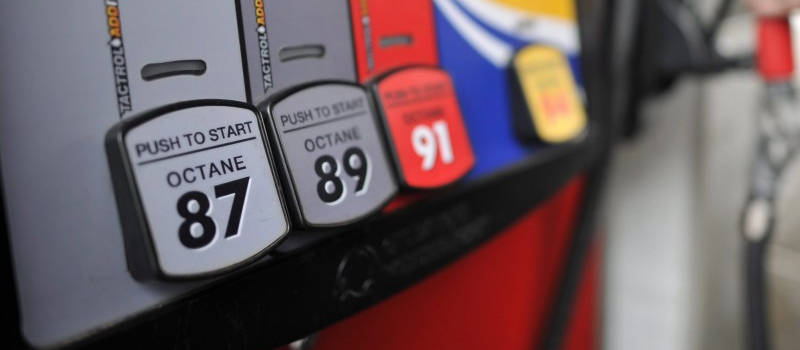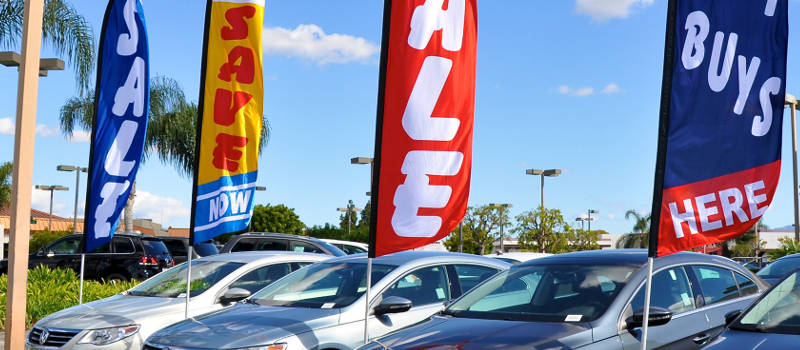
Protect Your Car And Your Wallet At The Pump
Have you ever stood before the pump at the gas station and wondered if you were doing your car a disservice by selecting the low octane option? Wondering if your efforts to save a few cents at the pump would end up costing you more in the long run? Well, if you’ve ever faced this dilemma and who hasn’t? We’ve got some interesting news for you.
For many of us, when we head to the pump, we have three octane options to choose: 87, 91, 93 and named on the sign as Premium, Plus and Regular. Who wouldn’t want to treat their car right with premium gasoline if money wasn’t a concern? Many car owners think that their car would be better off with the premium gasoline. That makes many car owners wrong. And here’s why.
Just because premium gas is more expensive doesn’t mean it’s any better for your vehicle. It won’t make your car go faster, give you better mileage or better protect your engine. So why do people think it does? Simple. Good marketing. That’s it. The gas companies have spent a lot of money to convince us that we need the highest octane fuel available if we want to give our car the best. Why else would it be called premium if it wasn’t, well, … premium? But that price – ouch! So then the gas companies created their “plus” blend. At least when we select plus we’re giving our car a better gasoline than plain old regular right? Guilt assuaged, we pony up the extra money so we can step back into the driver’s seat knowing we did the best we could for our car.
Sadly, all that extra cost doesn’t translate into any real benefit for a regular vehicle.
(That said, if you drive a vehicle with a high performance engine, you will risk damaging your engine with a lesser octane fuel.)If your vehicle has a high combustion engine, then yes, a higher octane fuel is more beneficial. But if you aren’t driving a luxury or sports car, it doesn’t help and only hurts your finances.
Understanding Fuel: What Octane Is
In a typical compression engine, the fuel is compressed in the engine at the same instant the spark is emitted by the plug to ignite the fuel, causing a small explosion to drive the piston and generate power. The exhausted gas is then vented out of the chamber and the mix of new fuel and air enters as the process begins again.
In a high-performance engine, the pressure exerted by the piston on the fuel-air mixture is greater and can cause the mixture to ignite on its own (like diesel fuel). Since this higher-pressure engine would cause normal gas to ignite too early, the fuel is mixed with a higher amount of octane to delay the ignition by a fraction of a second.
With a higher-octane rating, the fuel can be compressed more before it will ignite which generated more energy in return to generate more power.
Which Fuel Is Right For Your Vehicle?
The easiest way to determine what fuel is best for your car is to check the owner’s manual. You may also see a notice for the preferred octane rating on the inside of your fuel door.
Interested in learning more ways to save money with your next car purchase? Check out the inventory of donated cars for sale and other used vehicles and read our article to help you save on your car insurance.



0 Comments